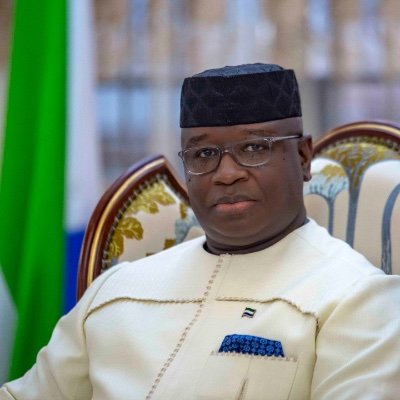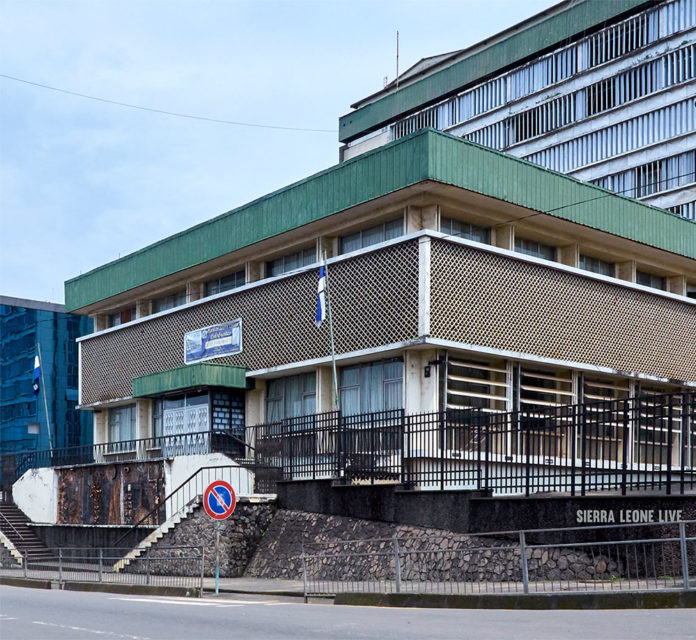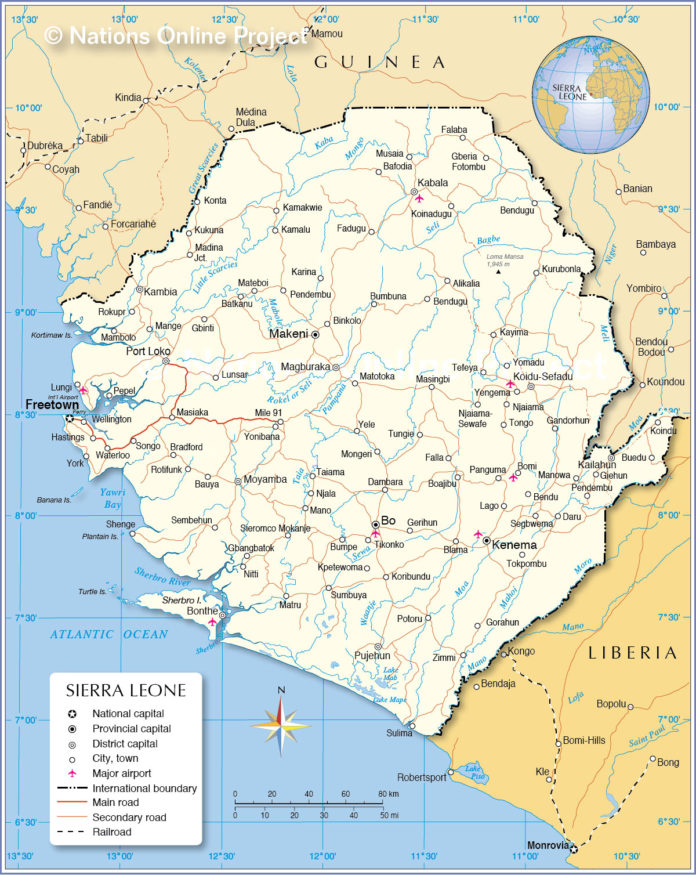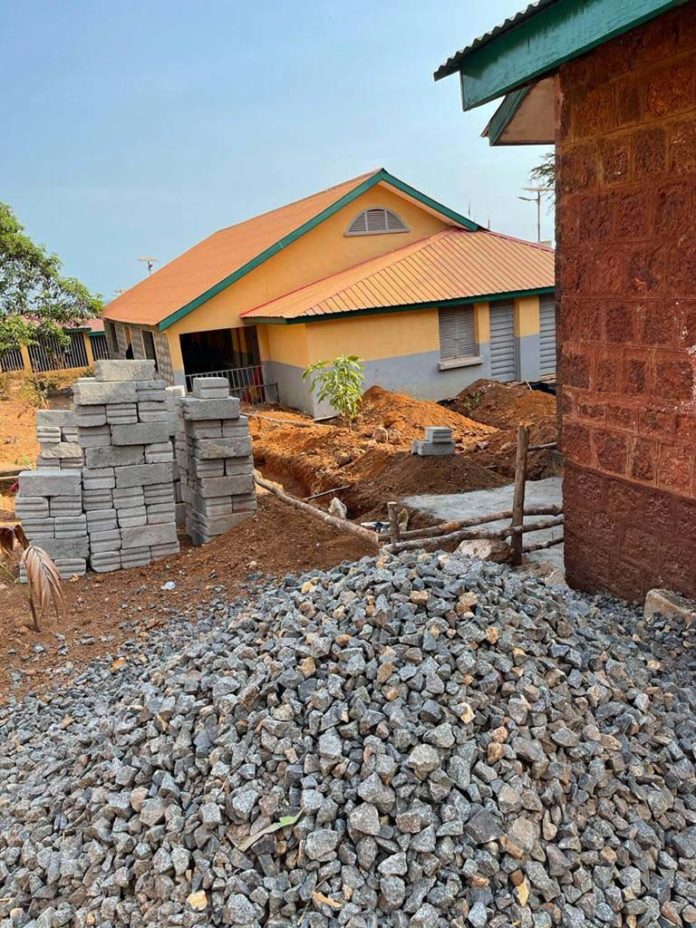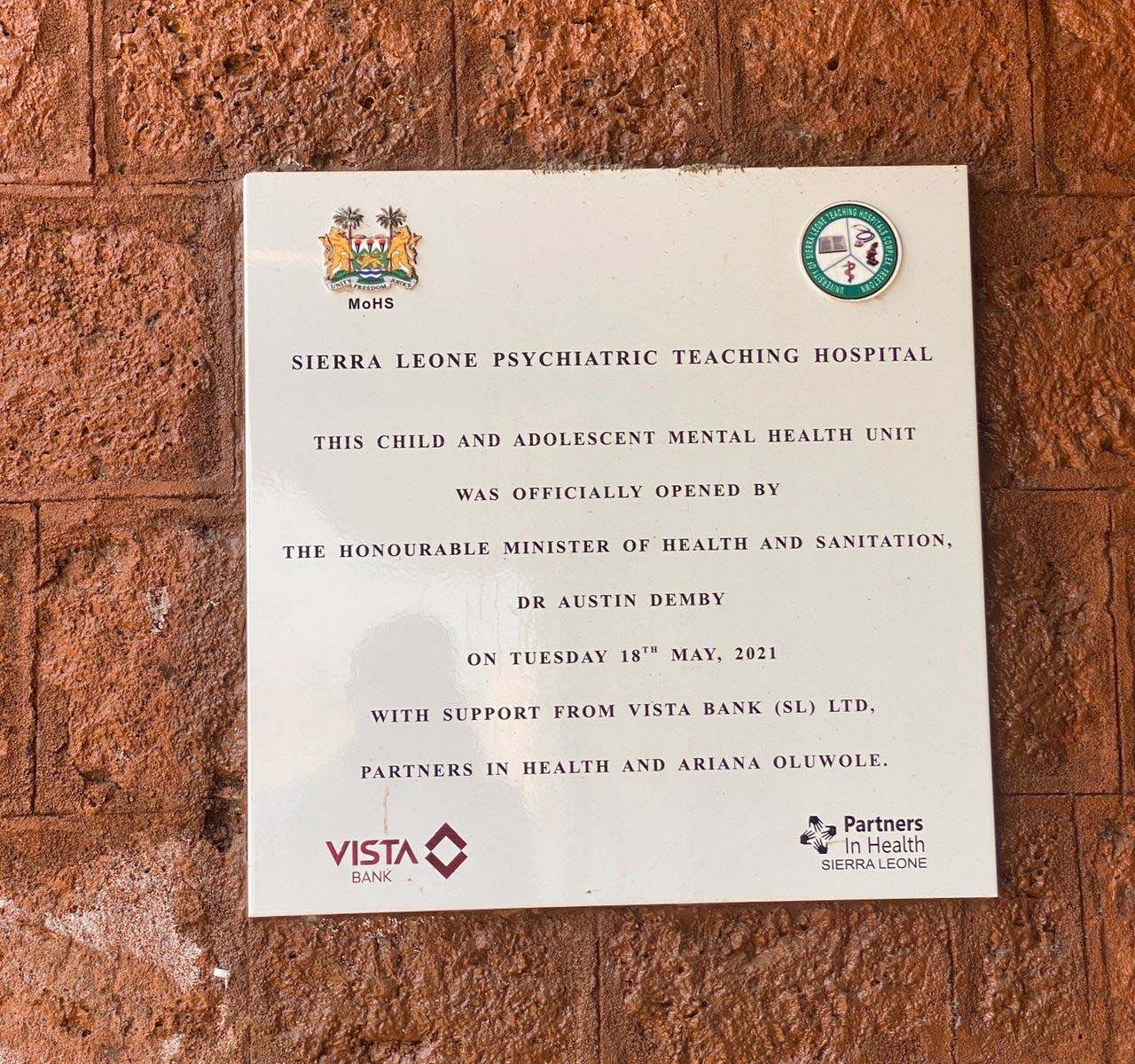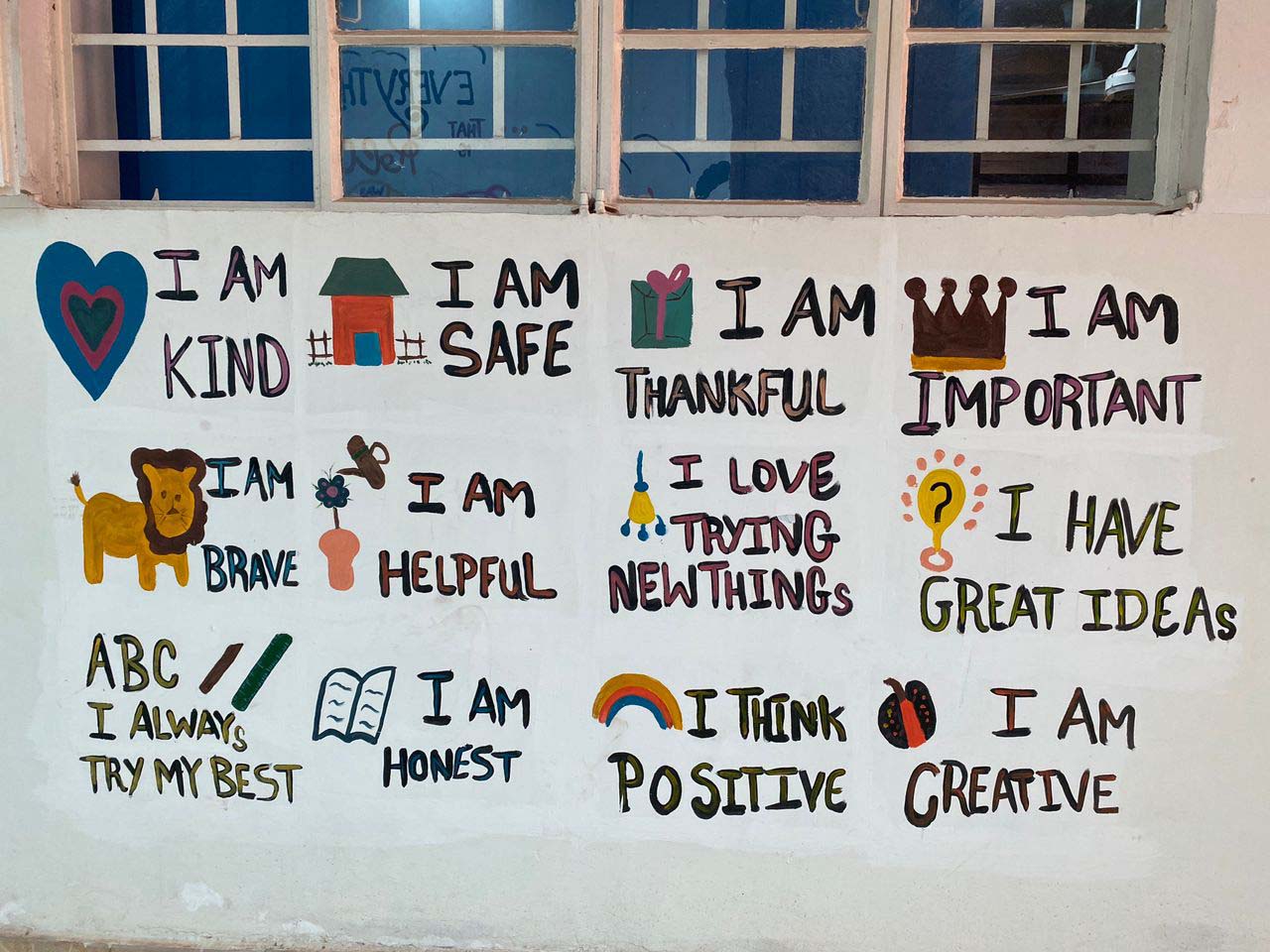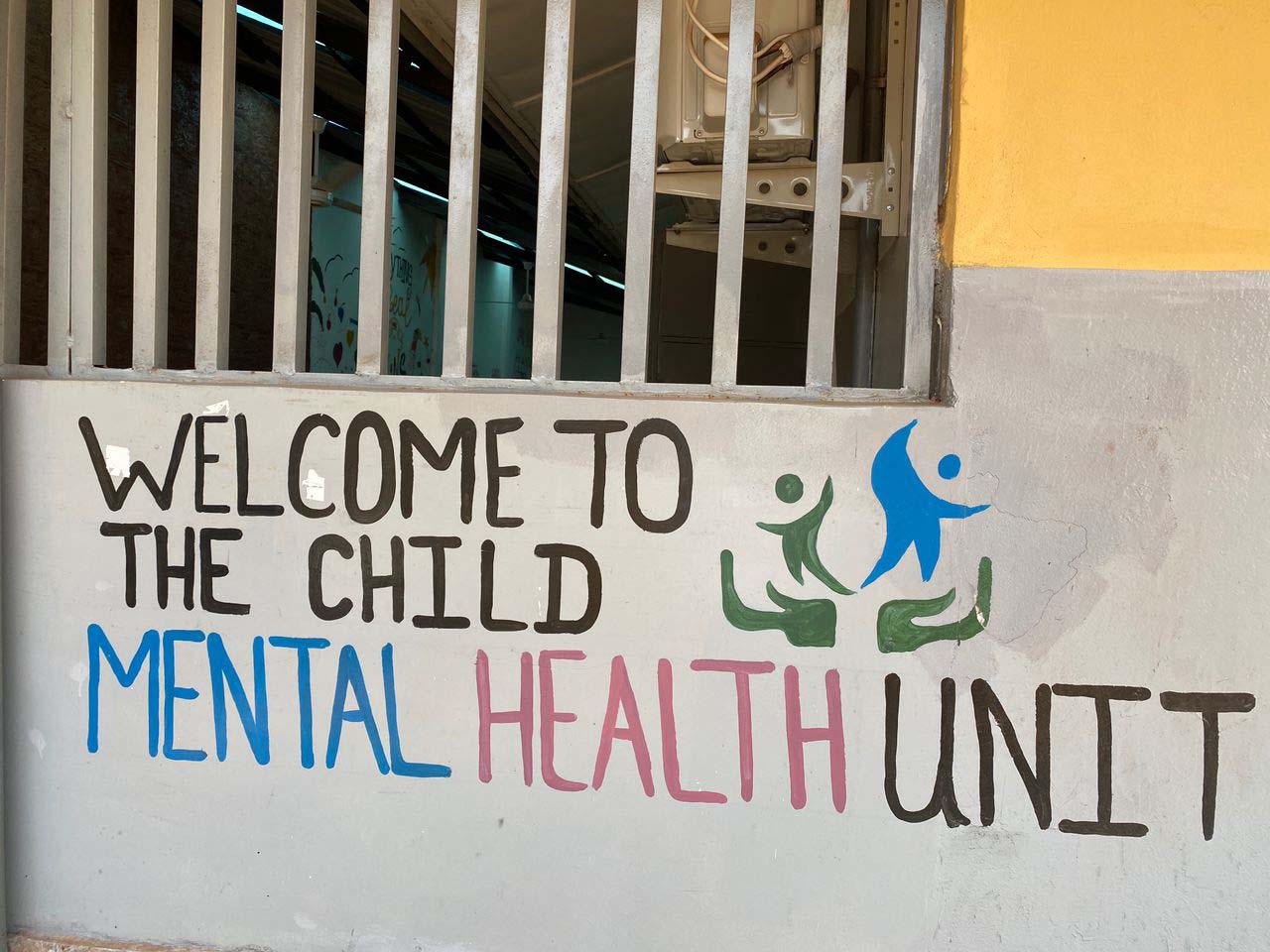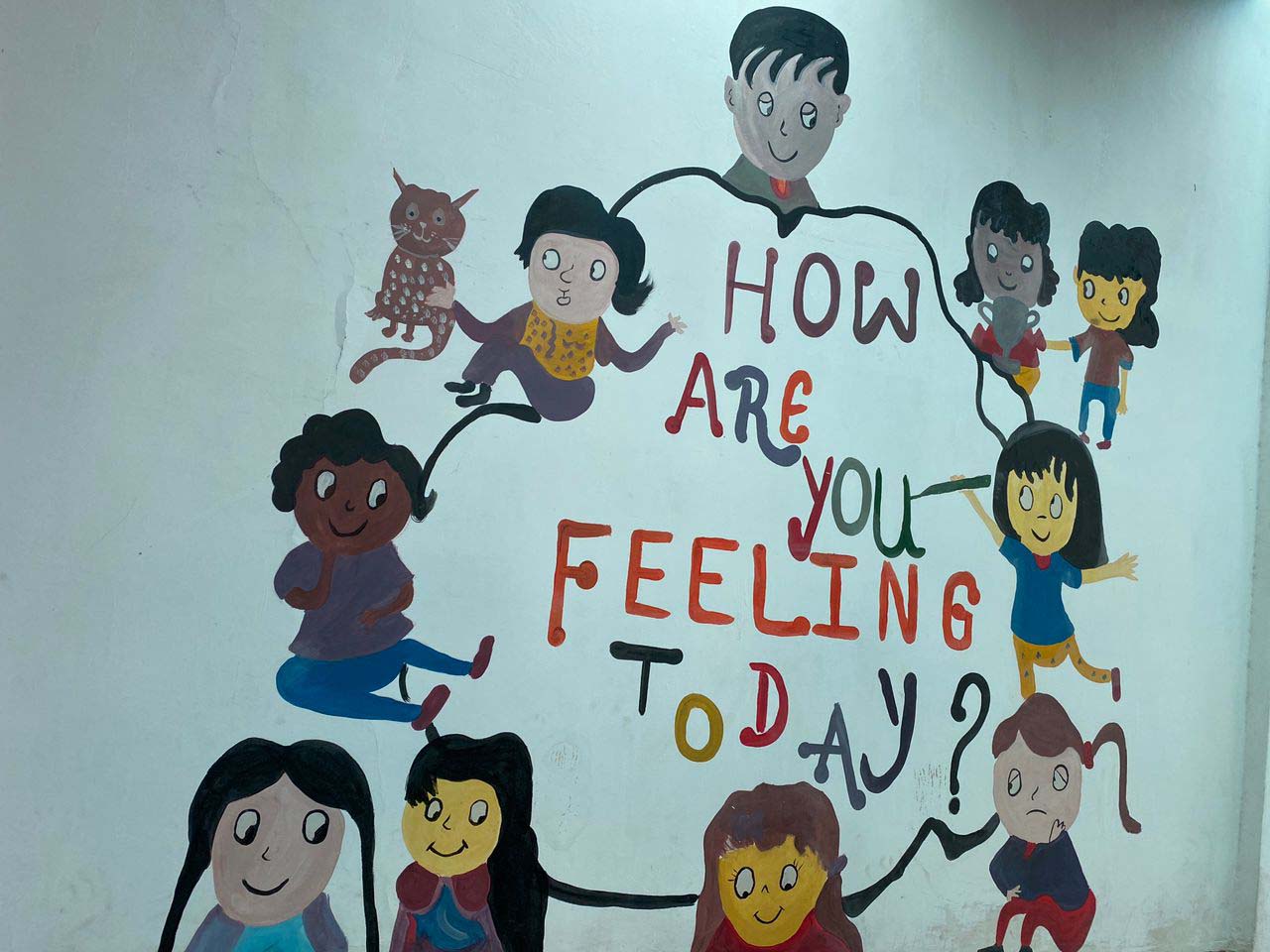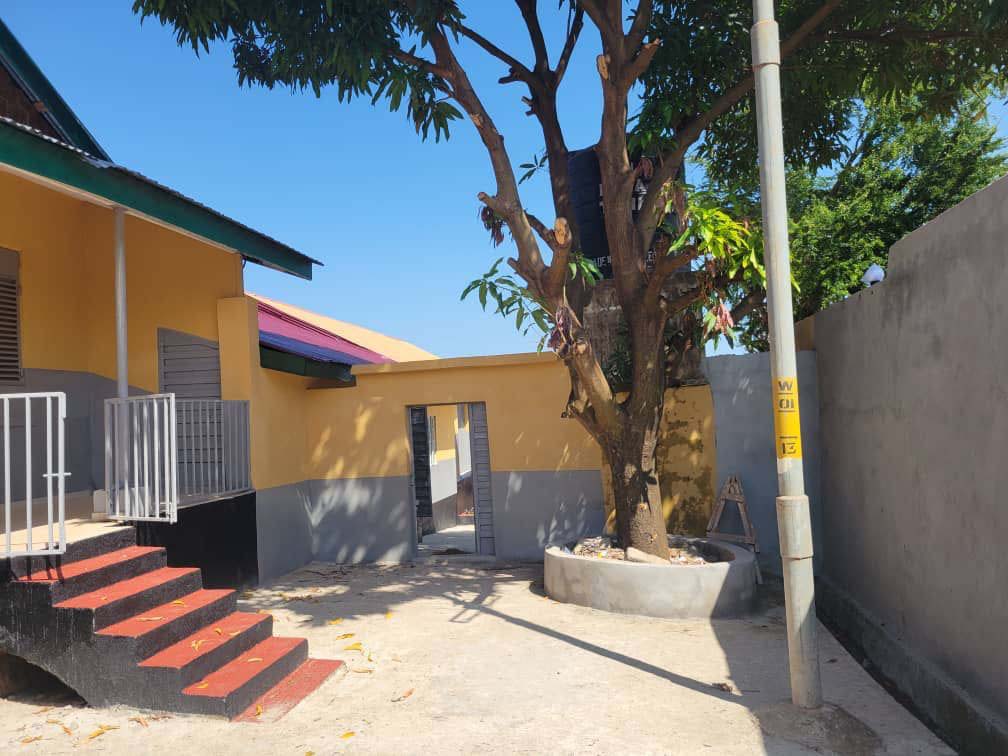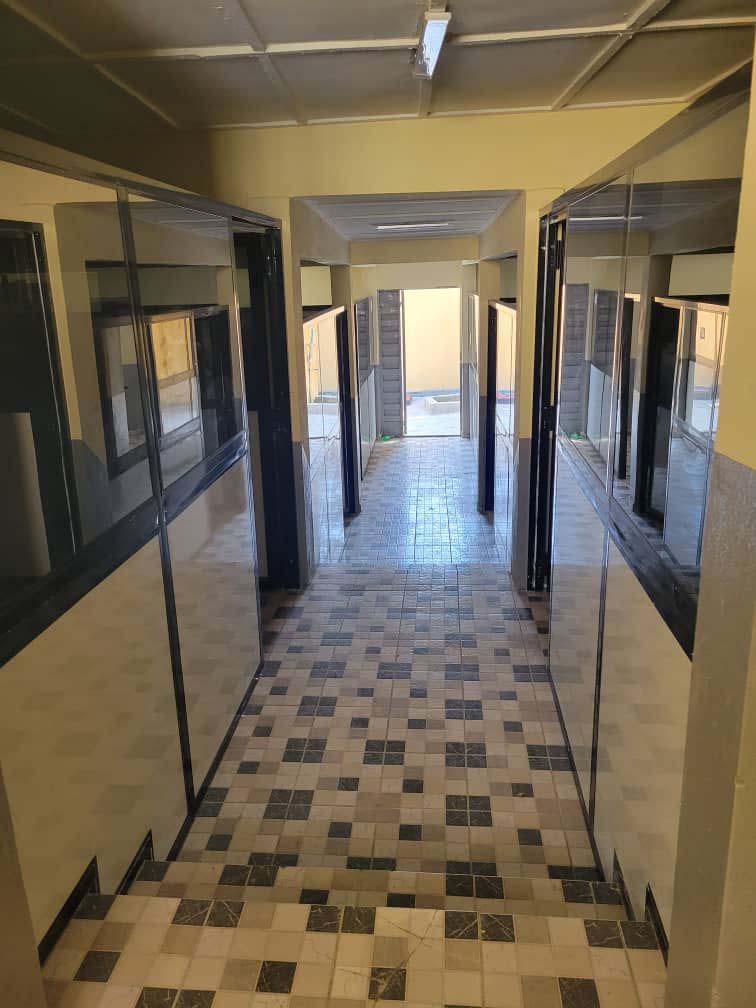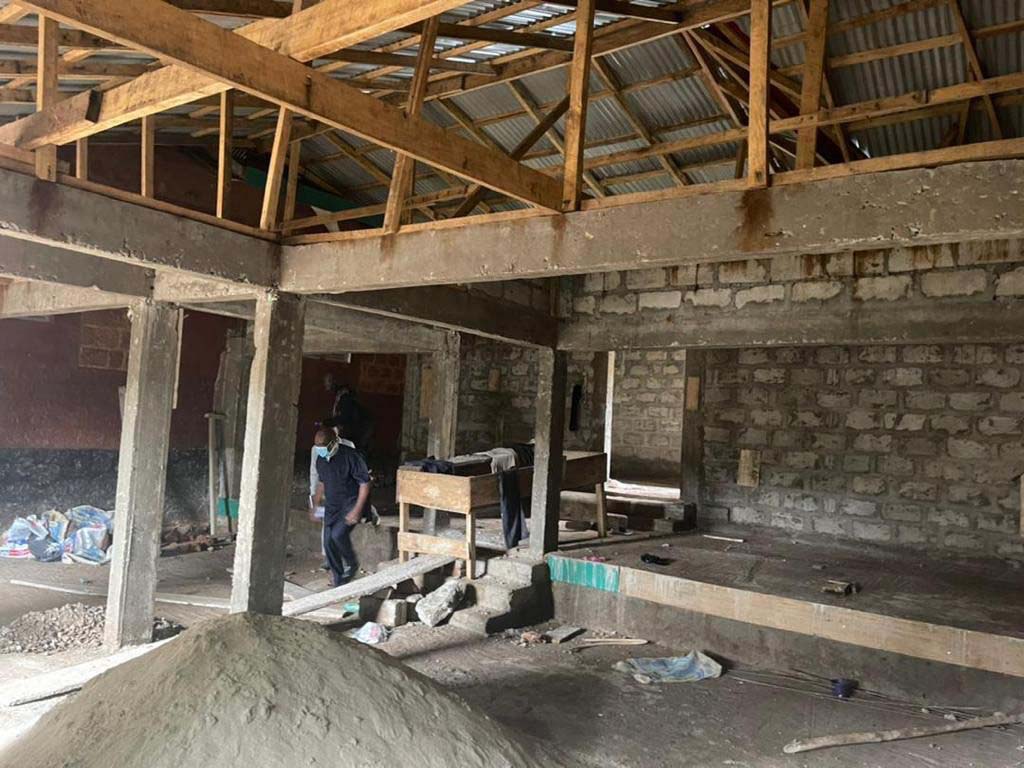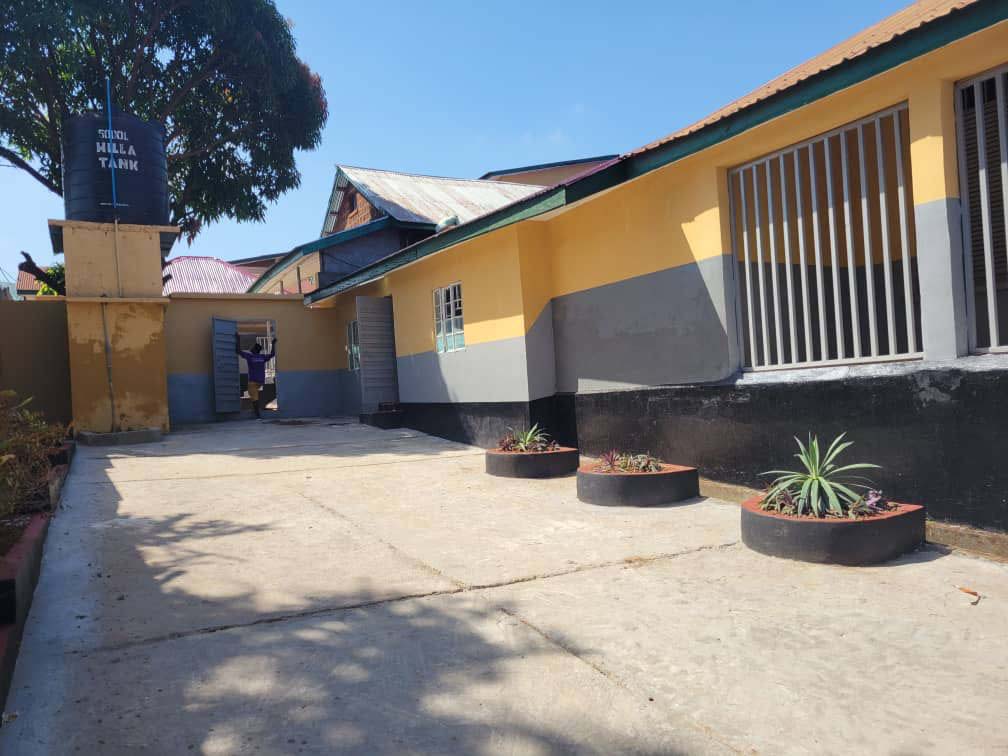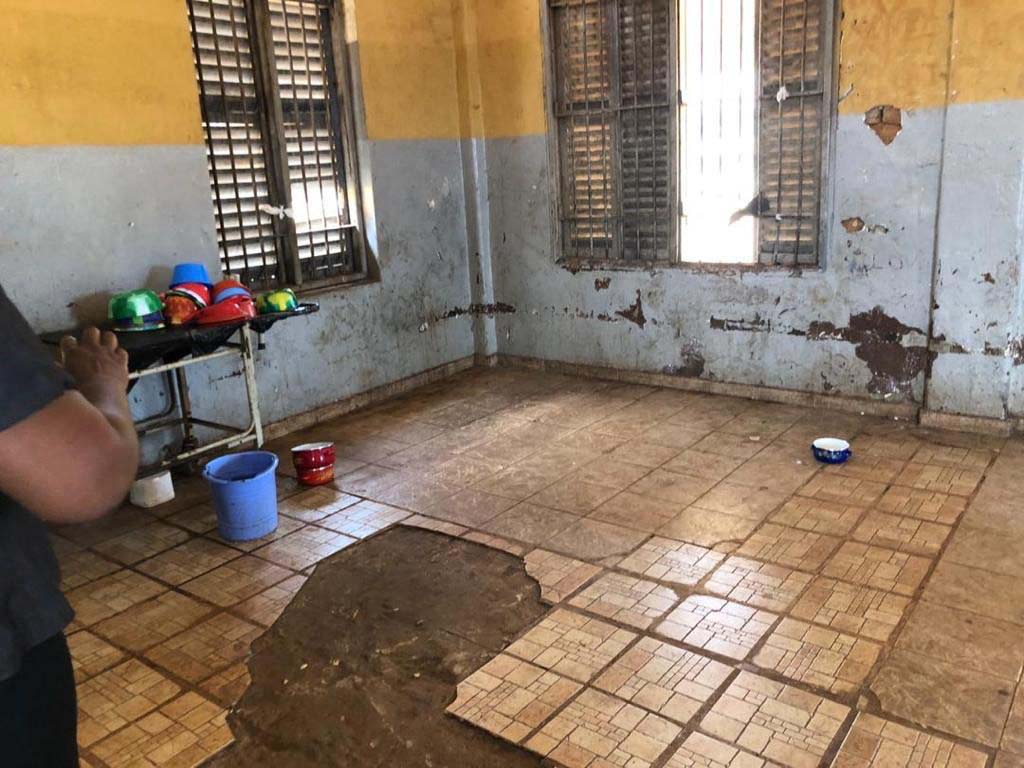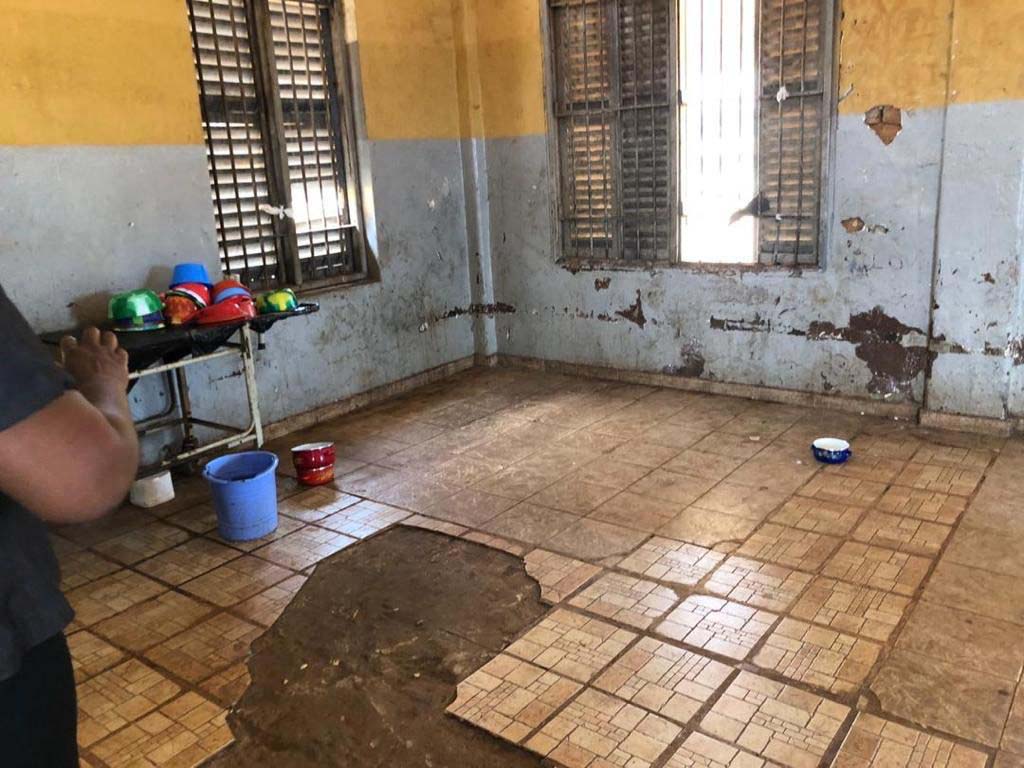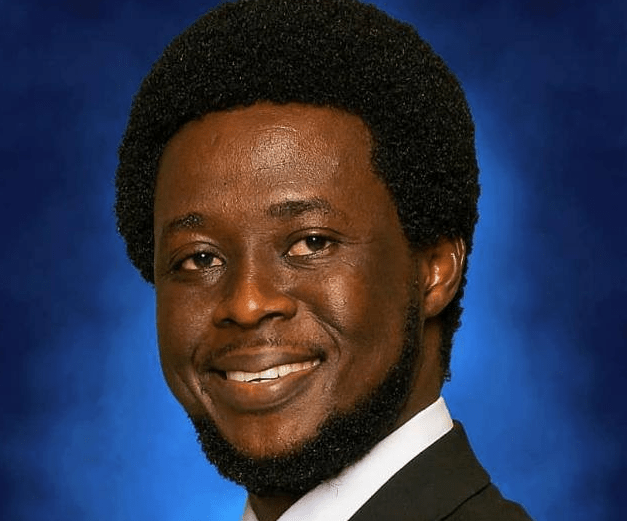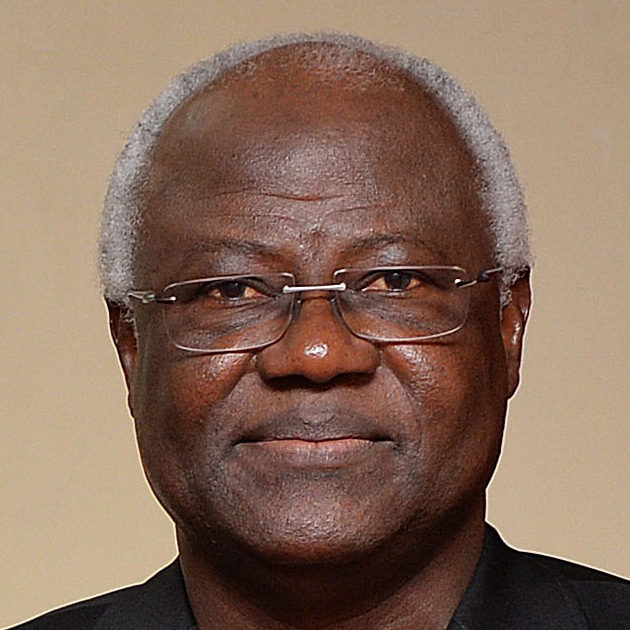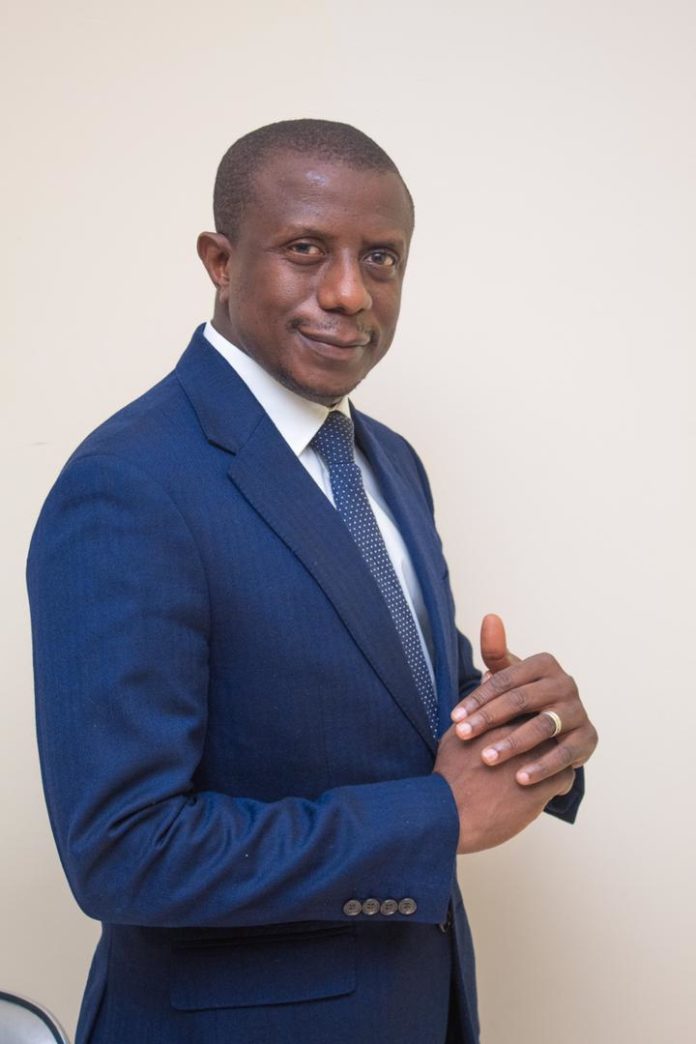The need to build a capable and accountable Sierra Leone under the current Bio led government has emerged as a leading priority for the international development community. Sierra Leone Live investigation seeks to contribute to a more conceptually informed understanding of state-building, adopting a political economy perspective.
Our investigation in this area starts out by explaining why state-building under the current Bio led government in Sierra Leone has become such a prominent objective on the international agenda and laying out the conceptual and historical foundations of state and state-building. Our investigation argues that, while state-building under the current Bio led government is now a major issue of concern, it lacks conceptual clarity, including in language. State-building, nation-building, governance and democratisation are overlapping, but distinct processes. Our investigation understands state formation and state-building as long term, tumultuous and conflict-ridden processes that are also deeply political and requires the active participation of all that matter irrespective of their political parties affiliations, region or tribes.
Our investigation further explores the evolving debate on state functions from both a conceptual and a more immediate state-building perspective. In the context of state-building situations, in particular, it emphasises the need to distinguish between ‘constitutive domains’ of the state (political settlement, security/establishing a monopoly of violence and the rule of law, and building an administrative and fiscal system) and ‘output domains’, that’s the range of public services that Sierra Leone provides as a state. In the end, the rationale for having Sierra Leone derives from expected outputs and services. However, for Sierra Leone to generate a reliable supply of services and other public goods, the Bio led government must have a solid foundation in the ‘constitutive domains’. Thinking for the most part about state functions in terms of outputs can lead to a relative neglect of these constitutive domains. One of the key messages in this investigation is that the priority should be to start a process of institution-building in the constitutive domains and to take a basic approach to output domains. The investigation also highlights that sequencing within domains rather than simply between them is crucial.
Our investigation also explores the roles played by domestic versus international actors in state-building processes under the current Bio led government. Domestic actors are crucial, but their perspectives on state-building and the incentives and constraints that they face in such situations have thus far received only limited attention. For external actors, one of the key challenges is that of coordination – especially where a particularly wide range of external actors are involved ( INGOs, development partners etc.) The question is how to maximise their positive impact while minimising the potentially harmful effects of their involvement.
We analyse three further overarching challenges to international efforts to promote state-building in Sierra Leone:
- The ways in which certain political economy factors like corruption, competition for power and neo-patrimonial structures continue to hamper state-building projects in fundamental ways.
- The limited evidence-based knowledge about “what works” in building and reforming Sierra Leone.
- The viability of the state-building model that the international community has promoted, based on the simultaneous pursuit of institution building, democratisation, and marketisation.
From our investigation, professionals we spoke with agree that state-building efforts need to be shaped and led from within if they are to be legitimate and sustainable. Among other things, this calls for a greater understanding of the political economy of state-building, including a greater appreciation of the incentives, challenges and opportunities that various domestic actors face. From our investigation, we also draw out the following lessons and recommendations:
Lessons from historical experiences are relevant and should inform thinking about current and future state-building trajectories. Within the international community, it is essential to elaborate on a more encompassing, holistic and realistic approach to state-building that focuses on the constitutive domains and the creation of a nationwide public.
Sierra Leone’s international partners need to be more fully aware of the dilemmas and trade-offs involved in state-building processes. State-building is a highly complex undertaking, and there are no easy or straightforward answers. Some of the difficult choices that international partners confront include:
- Achieving a balance between strengthening the central structures and institutions of the state and promoting decentralisation and the empowerment of local leaders and government entities.
- Achieving a balance between meeting short term needs, which often implies short-circuiting ineffective state institutions, and supporting longer-term state-building goals (e.g. service delivery vs. capacity-building).
International partners in Sierra Leone need to be much more aware of the tensions that may be embedded in the state-building model they are seeking to promote (in which state capacity and institution building are linked to democratisation and marketisation). While the fundamental aims of this three-legged state-building model are worthy, it is essential to recognise that the three processes do not always work in mutually reinforcing ways, especially in the early phases of state (re)building. As such, international partners in Sierra Leone need to pay much closer attention to the viability of this model and to how it relates to the actual outcomes achieved in recent externally supported state-building efforts.
In particular, they should think very carefully about how to prioritise and sequence their different interventions, being mindful of the context and specificity of any given setting, while drawing on existing experiences and insights. There needs to be greater congruence between the ambitiously interventionist agenda embraced by the international community and the resources it is willing/able to commit to such transformative state-building efforts.
Knowledge gaps and the constraints that impede international partners in Sierra Leone from acting on lessons learned must be addressed more fully and honestly.

